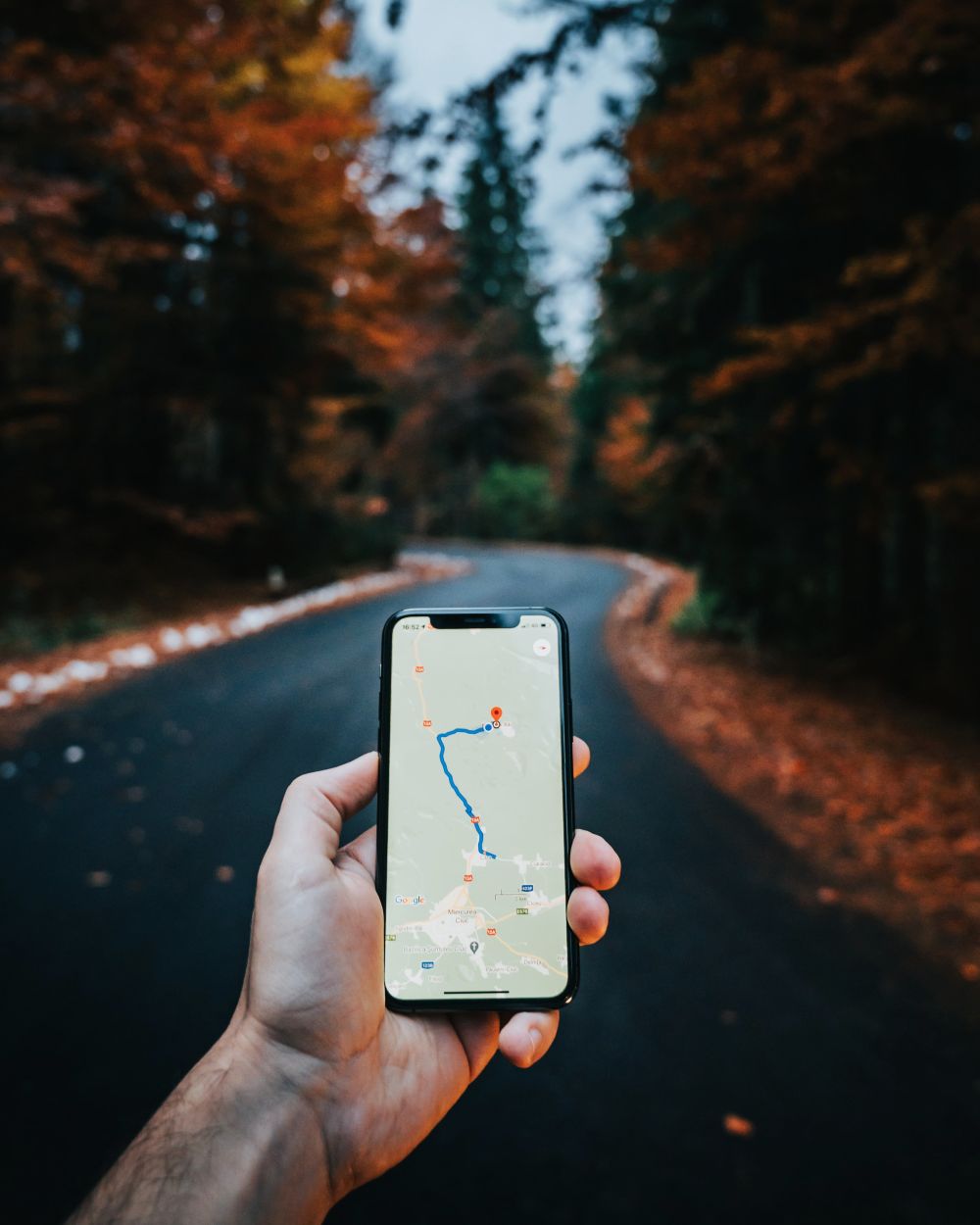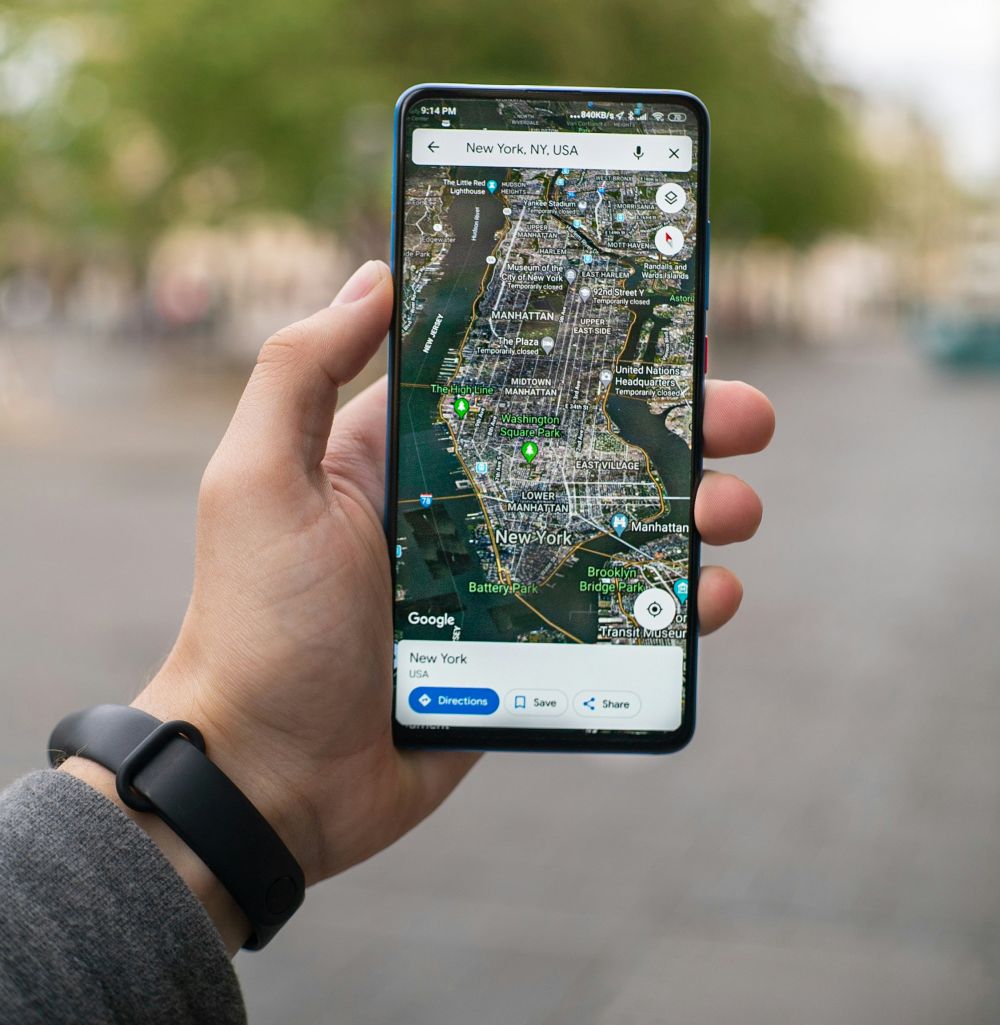Even visiting pricey destinations doesn’t have to be expensive. We traveled for over 20 years and learned so much when it comes to saving money.
This is the first part of our travel budget tips. In this article, we focus on planning and researching.
Don’t forget to check out the other parts of this series (all links open in a new tab):
1. [This Article: Planning a Trip on a Budget]
2. Flights on a Budget | Cheap Flights
3. Accommodations on a Budget (not yet published)
4. Activities on a Budget (not yet published)
Now, let’s dive in and check out the best strategies when planning and preparing for a trip (#10 is our favorite, by the way):
1. Pack Smart to Avoid Extra Costs
I always save the most money with the right packing methods and checking online the baggage limits of the airline I’ll be using. That way, I didn’t pay for any overweight luggage.
I usually pack versatile clothes that can be mixed and matched. Thus, I avoid bringing too many clothing items.. and it also saves me packing time 🙂
We also recommend using travel-sized toiletries to save even more space.
Additionally, pack reusable items like a water bottle ora shopping bag to avoid spending money on these wherever you go. Although not much, that extra money adds up. Trust me!
Also, think about what you might need in advance. For example, if you’re going somewhere cold, pack gloves and hats instead of buying them at your destination. They usually cost more there.
Don’t forget essentials like chargers, medications, and snacks to avoid last-minute purchases.
- Use a luggage scale to avoid overweight fees.
- Pack light and versatile clothing.
- Bring reusable items like a water bottle.
- Include essentials like chargers, snacks, and medications.
2. Plan Your Trip with Research
We research our trips well ahead of time and that saves us a lot of money.
We found the best and easiest way to find cheap flights is via Google Flights. Find about searching for the cheapest flight in our separate article (see the intro above).
Depending on the distance and destination, also look up the cheapest transportation options, like buses or trains. Most of the time, they cost less than any flight.
Additionally, plan your activities by searching for budget options when it comes to the ‘best things to do’ in your destination.
For example, so many cities have free walking tours or museums with discounted entry on certain days. Example: Did you know that the best and largest museums in London are 100% free? (you should leave a small tip/donation there, however).
The more you know beforehand, the less likely you are to spend more money than planned.
- Compare flight prices on Google Flights.
- Look for affordable accommodations on Hostelworld.
- Research free or cheap activities in your destination.
3. Be Aware of Tourist Scams
Scams can happen anywhere, so please be prepared! These are the most common scams we have experienced in the last years (luckily, we didn’t lose a large amount of money):
Common scams include overpriced taxis, fake charity donations, or someone trying to distract you while their partner steals your belongings. Before you travel, research the most common scams in the area and how to avoid them.
Trust your instincts and stay cautious. That helped us more than once during our trips! Also, ask your hotel staff for advice. They are eager to help and give tips!
If something feels too good to be true, it probably is. For example, if a taxi driver offers to take you on an “extra special route,” make sure the meter is on or agree on a price first.
Another common scam involves street vendors selling fake goods, such as counterfeit branded watches or handbags, at “too good to be true” prices.
Also, you might encounter someone offering to “help” with an ATM, only to steal your card details while pretending to assist.
Pickpocketing scams are also prevalent in crowded areas. For instance, a stranger might “accidentally” spill something on you, and while they pretend to help clean it up, an accomplice goes through your belongings. In other cases, overly friendly strangers might offer you unsolicited “free” gifts, like bracelets or flowers, only to demand payment once you accept.
Certain destinations are more notorious for scams. In tourist-heavy cities like Bangkok, Rome, or Marrakech, travelers often encounter scams like fake ticket sellers or inflated prices for common services.
In places like India or Vietnam, it’s common to face aggressive tuk-tuk drivers offering “cheap tours” that end up taking you to overpriced shops. Researching common scams specific to your destination will help you stay alert and prepared.
- Research common scams before your trip.
- Be firm and say no if something feels off.
- Stay alert and trust your instincts.
4. Set Clear Priorities
Decide what’s most important to you before spending money. If you love sightseeing, budget more for tours and attractions. If trying local food is your priority, plan to spend more on meals and less on accommodations.
Make a list of your top travel goals and keep them in mind when planning. For example, if you only have a week, focus on one or two main cities instead of trying to see everything. This can save money and make your trip more enjoyable.
- Focus your budget on what matters most to you.
- Plan your itinerary around your top priorities.
- Avoid trying to do too much in a short time.
5. Stay Flexible with Your Plans
Being flexible can help you save a lot of money. Traveling during off-peak times, like weekdays or shoulder seasons, often means cheaper flights and accommodations. If your schedule allows, consider booking last-minute deals.
Flexibility with your destination can also help. For example, if flights to one city are too expensive, look at nearby airports. A little adaptability can make your trip more budget-friendly.
- Travel during off-peak times for lower prices.
- Be open to last-minute deals.
- Check nearby airports for cheaper flights.
6. Know the Local Tipping Customs
Tipping rules vary around the world, so it’s important to learn what’s expected. In some countries, tipping isn’t common, while in others, it’s rude not to tip. For example, in Japan, tipping can be seen as disrespectful, but in the United States, tipping 15-20% at restaurants is expected.
If you’re unsure, ask locals or look online for guidance. This way, you won’t spend more than you need to or accidentally offend someone.
- Learn the tipping customs of your destination.
- Ask locals or research online for advice.
- Avoid over-tipping where it’s not expected.
7. Use Google to Save Money
Google can be a powerful tool when traveling. Before your trip, download offline maps so you don’t have to pay for data while navigating. Use Google Maps to find free activities, cheap restaurants, or even public transportation routes.
Google can also help you compare prices on flights, hotels, and activities. For example, searching “free things to do in Paris” or “budget-friendly restaurants near me” can save you both time and money.
- Download offline maps to save on data costs.
- Use Google Maps to find cheap or free options.
- Search for budget-friendly activities and restaurants.
8. Consider a Travel Agent
Using a travel agent might seem expensive, but it can actually save you money on big trips. Travel agents often have access to discounts on flights, hotels, and tours that you can’t find online. They can also help you create an itinerary that maximizes your budget.
If you’re unsure about which agent to use, ask friends or family for recommendations. For example, an agent might help you find a discounted tour package that includes flights, lodging, and activities all in one.
- Travel agents can access exclusive discounts.
- They can help plan a cost-effective itinerary.
- Ask for recommendations to find a reliable agent.
9. Don’t Skip Travel Insurance
Travel insurance might seem like an extra cost, but it’s worth it. It can protect you if something goes wrong, like a canceled flight or unexpected medical emergency. For example, if you get sick abroad, travel insurance can cover hospital bills that might otherwise ruin your budget.
Look for affordable plans that suit your needs. Many travel insurance companies let you customize your coverage, so you’re not paying for things you don’t need.
- Protect yourself from unexpected costs with insurance.
- Choose a plan that fits your needs and budget.
- Don’t risk high medical bills or other emergencies.
10. Utilize Facebook Travel Groups and TripAdvisor Forums
Facebook travel groups are a goldmine for budget tips. Members often share deals, advice, and recommendations that can help you save money. For example, someone might post about a discounted hotel deal or a free activity they discovered.
Join groups specific to your destination or general budget travel groups. Just remember to follow the group rules and ask clear questions to get the best advice.
- Join groups for budget travelers or specific destinations.
- Look for deals and ask for advice from experienced travelers.
- Follow group rules to stay active and get helpful tips.
TripAdvisor forums are a fantastic resource for planning your trip. Most destinations have active forums where you can ask questions and get answers from destination experts, who are often locals.
These experts can provide unique insights that you might not find elsewhere, such as the best hidden spots, affordable restaurants, or tips on avoiding tourist traps.
Tip: Let’s say you are planning an Arizona road trip. Enter ‘arizona tripadvisor forum’ in Google. Click the result and search within the forum for tips.
Can’t find an answer? If you’re visiting a city or example and want to know the cheapest way to get from the airport to your hotel, you can post in the forum, and someone will likely share the best option.
💡 We saved tons of money by using FB travel groups and tips from TripAdvisor forums.
Reading/scanning through past threads can also help you discover valuable tips you didn’t even think to ask about.
- Use TripAdvisor forums to connect with local experts.
- Ask questions for personalized advice.
- Search past threads for hidden tips and tricks.










